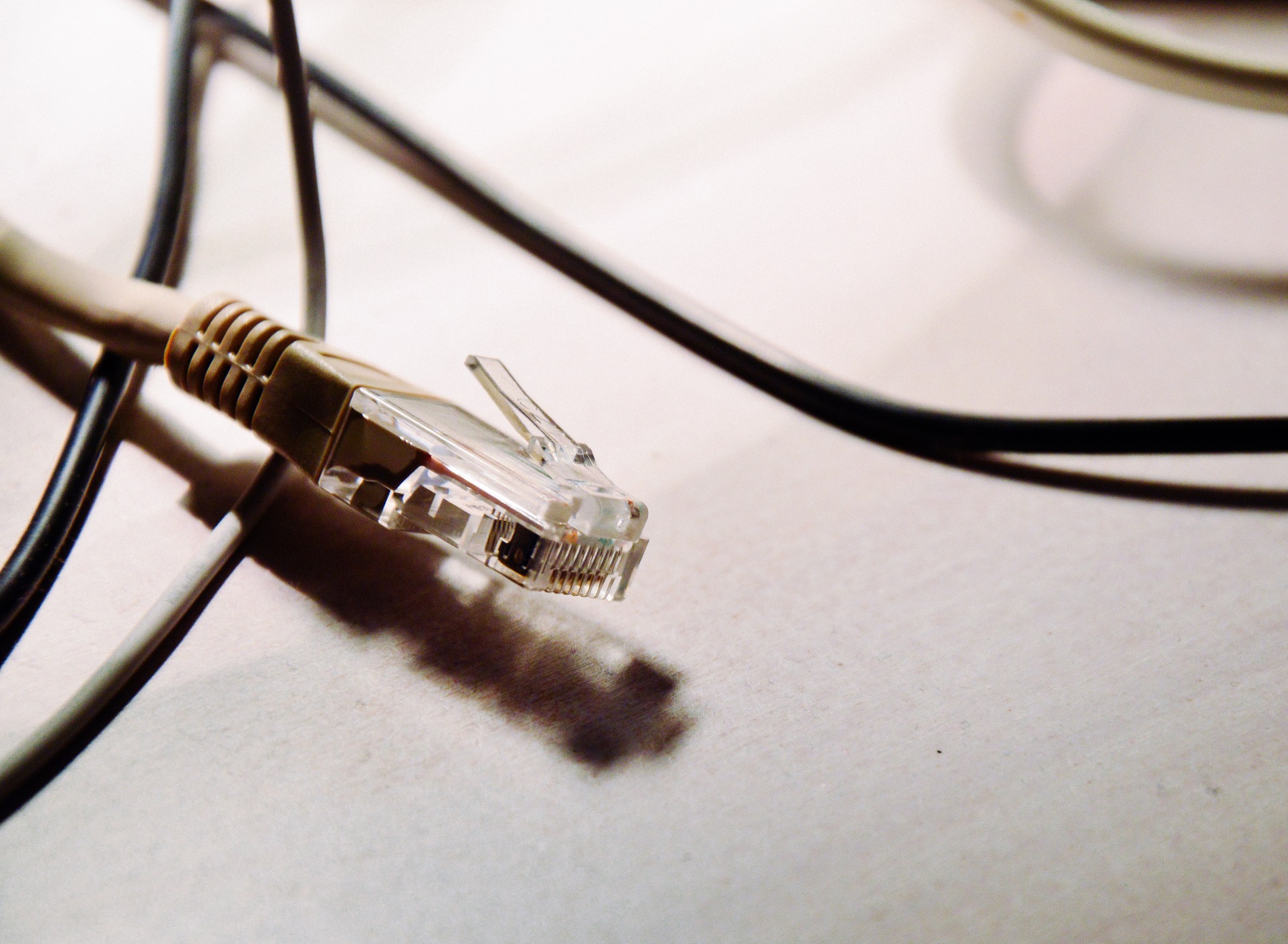Brick-and-mortar department stores have been struggling for sales, but online outlets are thriving. As people spend more time on the internet, consumers are spending more through online catalogues, supporting the outlook for e-commerce and internet-related exchange traded funds.
Standard Chartered Plc research shows U.S. consumers are rapidly moving online, and in-store sales will likely slow down in the near future, reports Julie Verhage for Bloomberg.
“U.S. private consumption has shown ongoing resilience,” Standard Chartered analysts said, “but this macro story masks sizeable divergence at the micro level, and this explains the wide interpretation of ‘how’s the U.S. consumer doing?’ The micro story is characterized by a parabolic rise in internet sales at the expense of ‘bricks and mortar’ stores, particularly department stores.”
Related: ETFs to Follow Growth of Amazon and E-Commerce
Specifically, Standard Chartered calculated that U.S. department store sales have dipped to under $15 billion at the end of 2015 from about $17 billion at the end of 1995. Meanwhile, internet sales have surged to $40 billion from $5 billion over the same 10-year period.
[related_stories]Given the rapid pace of online sales growth, investors can also tap into the growing trend of online commerce through internet-related ETFs, such as the PowerShares NASDAQ Internet Portfolio (NasdaqGS: PNQI) and First Trust Dow Jones Internet Index Fund (NYSEArca: FDN).
